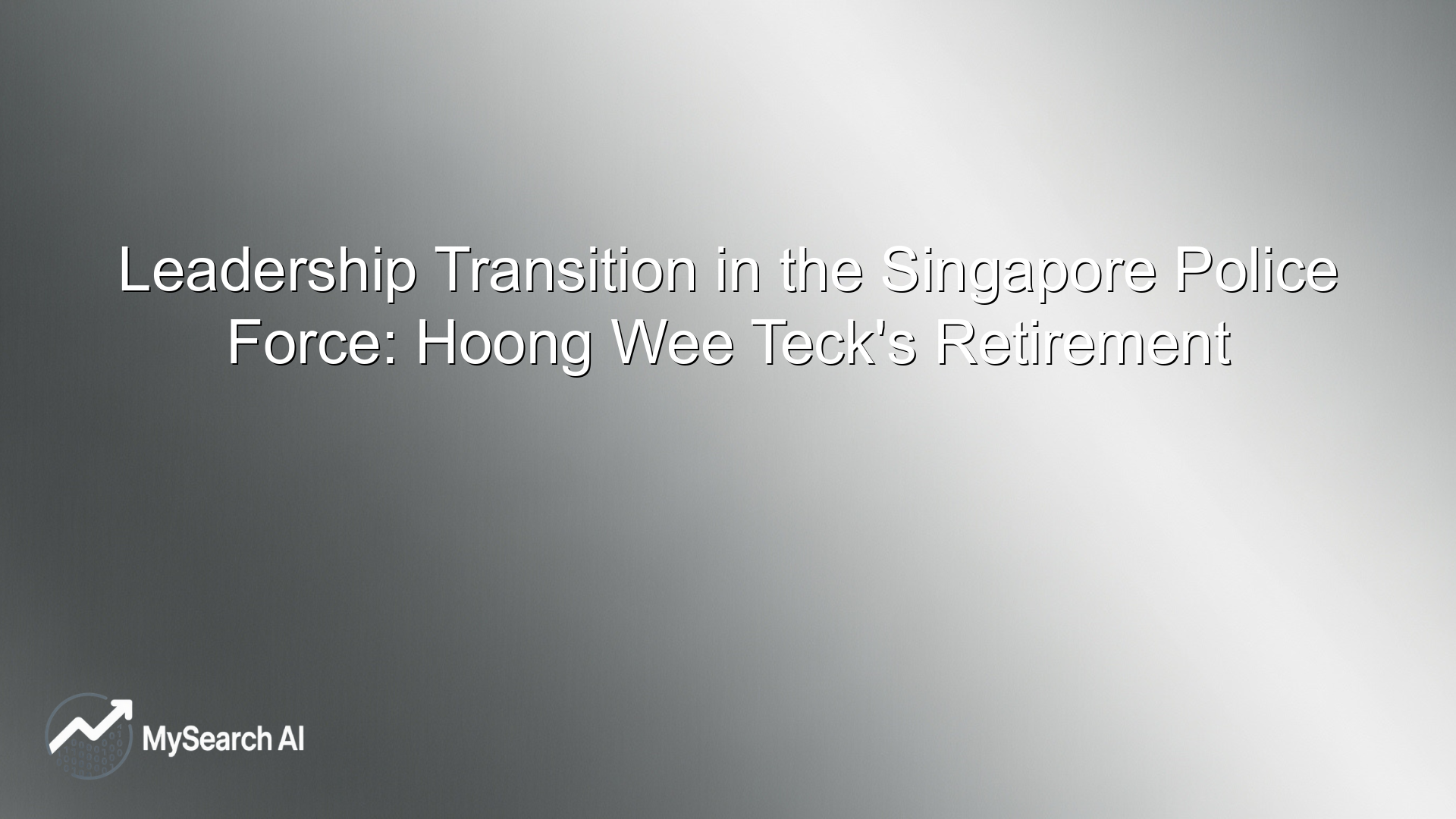Related Articles
Ask anything about stocks
LTA Awards Contract for Autonomous Bus Pilot Program in Singapore
Singapore is stepping into the future of transport through an ambitious initiative led by the Land Transport Authority (LTA). Recently, LTA awarded an S$8.14 million contract aimed at piloting autonomous buses. The consortium includes MKX Technologies, Zhidao Network Technology (Beijing), and BYD (Singapore). This move represents a significant step toward integrating autonomous vehicles into the public transport system and will see these self-driving buses on routes 191 and 400 by the latter half of 2026.
The Autonomous Bus Initiative
The LTA autonomous bus pilot is a key project in Singapore’s vision for the future of transport. The contract underscores the country’s commitment to adopting cutting-edge technologies to enhance urban mobility. MKX Technologies and its partners will oversee the design, testing, and deployment of these self-driving buses. This project will test the feasibility of incorporating autonomous vehicles on public roads at the Marina Bay and One North areas. Channel NewsAsia reports that these routes were chosen due to their varied traffic conditions, providing a robust test environment for autonomous vehicles.
Potential Impact on Singapore’s Public Transport
Adopting autonomous public transport could offer various benefits, including enhanced safety, reduced operational costs, and improved efficiency. Singapore’s push for self-driving technology in public transport aligns with its Smart Nation initiative. Autonomous buses promise to ease congestion and provide a more sustainable transport option by reducing human error. This shows a shift towards modern, eco-friendly solutions. With global cities exploring similar technologies, Singapore’s pilot sets a benchmark in developing urban transit systems.
Technological and Operational Challenges
Despite the promise, integrating autonomous public transport faces challenges. Ensuring robust cybersecurity to protect against potential breaches is vital. The need for sophisticated navigation systems to manage Singapore’s dynamic urban landscape also presents a technical challenge. Furthermore, the public’s acceptance of self-driving buses will be critical. As reported by The Straits Times, LTA aims to address these challenges through rigorous testing and public engagement, ensuring that safety and effectiveness remain top priorities.
Final Thoughts
The LTA’s decision to award the contract for an autonomous bus pilot program is a meaningful step toward shaping Singapore’s future transport ecosystem. This initiative not only signals a move towards innovative urban mobility but also tests Singapore’s readiness for broader autonomous vehicle integration. While challenges exist, this pilot is a definitive move forward in developing a more sustainable, efficient public transport system. As Singapore lays this groundwork, it positions itself as a leader in smart transportation. For financial insights on initiatives like this, Meyka offers real-time analysis to keep investors informed.
FAQs
What is the objective of the LTA autonomous bus pilot?
The objective is to test the viability of autonomous buses in Singapore's public transport system, specifically on routes 191 and 400, starting in 2026.
Who is involved in the Singapore autonomous bus project?
The project involves a consortium comprising MKX Technologies, Zhidao Network Technology, and BYD (Singapore) tasked with deploying autonomous buses in Singapore.
What benefits could autonomous buses bring to Singapore's public transport?
Autonomous buses could improve safety by reducing human error, lower operational costs, and increase transport efficiency, aligning with Singapore's Smart Nation goals.
Disclaimer:
This is for information only, not financial advice. Always do your research.



